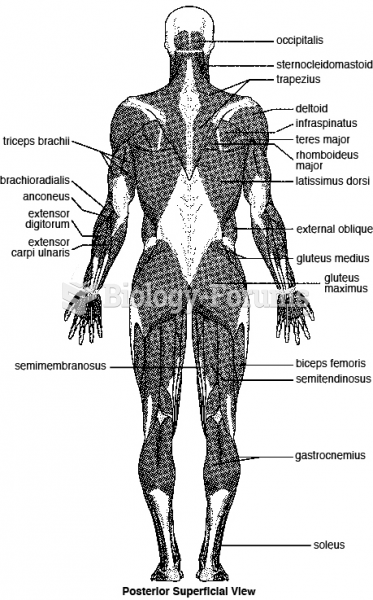Answer to Question 1
The most provocative thinker of the late nineteenth century was the German philosopher and poet Friedrich Wilhelm Nietzsche. Nietzsche was deeply critical of his own time, stating, the European of today is vastly inferior in value to the European of the Renaissance. Calling for a revision of traditional values, he rejected organized religion, and attacked Christianity and other institutionalized religions as contributors to the formation of a slave morality. He was equally critical of democratic institutions, which he saw as the embodiment of rule by mass mediocrity. His goal for humanity was the emergence of a superman (bermensch), whose singular vision and courage would, in his view, produce a master morality.
In contrast to the pessimism of Nietzsche, Henri Bergson presented a more positive point of view. Bergson, the most important French philosopher of his time, offered a picture of the world that paralleled key developments in the arts and sciences and anticipated modern notions of time and space. According to Bergson, two primary powers, intellect and intuition, governed the lives of human beings. While intellect perceives experience in individual and discrete terms, intuition grasps experience as it really is: a perpetual stream of sensations. For Bergson, instinct (or intuition) is humankind's noblest faculty, and duration, or perpetual becoming, is the very stuff of realitythe essence of life.
Answer to Question 2
Late nineteenth-century science and technology helped to drive new approaches in the arts. In 1873, the British physicist James Clerk Maxwell published his Treatise on Electricity and Magnetism, which explained that light waves consisting of electromagnetic particles produced radiant energy. His theories helped the American inventor Thomas Edison create the first efficient incandescent light bulb. Edison's light bulb provided a sharper perception of reality thatalong with the camerahelped to shatter the world of romantic illusion. Other technologies, such as the telephone, moving picture camera, internal combustion engine, all had a great impact on daily life and, in turn, on the arts.







